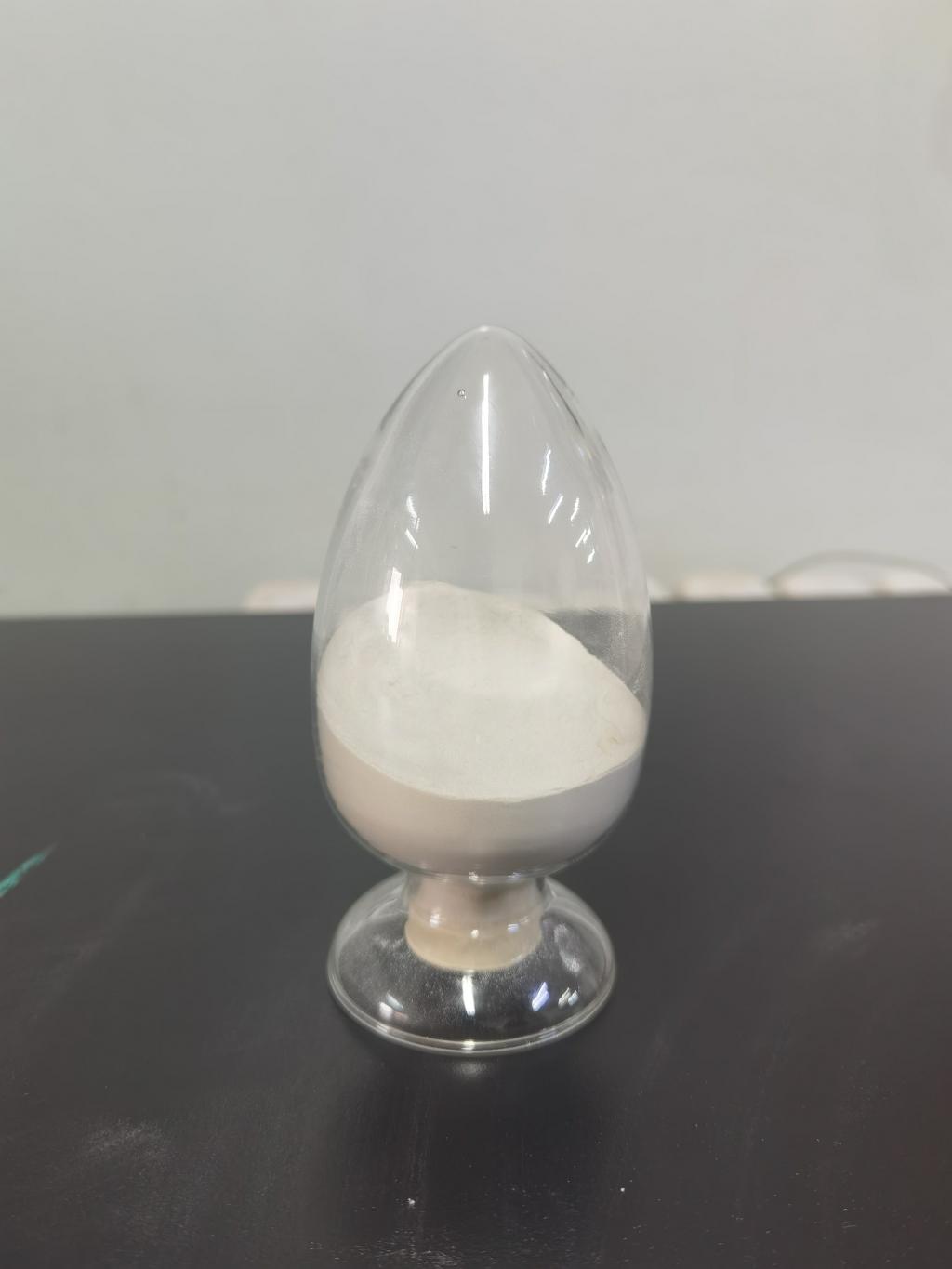Tel:0086 18231198596

News
Current Position:
Home >
News
>Nisin's Contribution to the Global Effort for Safer Food Supply Chains
Nisin's Contribution to the Global Effort for Safer Food Supply Chains
TIME:2024-01-23
I. Understanding Nisin:
Nisin is a naturally occurring antimicrobial peptide produced by certain strains of lactic acid bacteria, particularly Lactococcus lactis. Discovered in the early 20th century, nisin has since been recognized for its potent antimicrobial properties against a broad spectrum of Gram-positive bacteria, including many foodborne pathogens. Its unique ability to combat harmful microorganisms while remaining safe for human consumption makes it an invaluable tool in ensuring food safety.
II. Mechanism of Action:
Nisin's mechanism of action involves disrupting bacterial cell membranes, leading to cell death. This targeted approach is particularly effective against bacteria that are responsible for food spoilage and contamination. Unlike traditional antimicrobial agents, nisin has the advantage of specificity, minimizing the impact on beneficial bacteria and preserving the natural flora of food products.
III. Applications in Food Preservation:
One of the primary applications of nisin is in food preservation. Its effectiveness in inhibiting the growth of bacteria such as Listeria monocytogenes and Staphylococcus aureus makes it a valuable natural preservative. Nisin can be incorporated into a variety of food products, including dairy, meat, and processed foods, to extend shelf life and reduce the risk of spoilage.
IV. Enhancing Safety in Dairy Products:
Dairy products are particularly susceptible to contamination due to their nutrient-rich composition. Nisin has emerged as a key player in enhancing the safety of dairy products by preventing the growth of harmful bacteria such as Listeria and Clostridium botulinum. Its application in cheese, yogurt, and other dairy items contributes to a safer and more reliable food supply chain.
V. Combating Foodborne Pathogens:
Foodborne pathogens pose a significant threat to public health, leading to numerous cases of illness and even fatalities. Nisin's efficacy against common foodborne pathogens, including Salmonella and Escherichia coli, has positioned it as a promising solution to reduce the incidence of foodborne illnesses. By incorporating nisin into food processing, the industry can take proactive measures to ensure safer food products reach consumers.
VI. Regulatory Considerations:
As the use of nisin in food production gains traction, regulatory considerations become paramount. This section explores the current regulatory landscape surrounding nisin, including permissible concentrations, labeling requirements, and global acceptance. Understanding and addressing regulatory aspects are crucial to fostering the widespread adoption of nisin as a food safety tool.
VII. Future Prospects and Challenges:
While nisin offers promising solutions to enhance food safety, there are still challenges and areas for improvement. Research into optimizing production methods, exploring new applications, and addressing any potential resistance mechanisms are essential for the continued success of nisin in ensuring a safer global food supply chain. This section discusses the future prospects of nisin and the ongoing efforts to overcome existing challenges.
VIII. Conclusion:
In conclusion, nisin's contribution to the global effort for safer food supply chains is significant and multifaceted. Its natural origin, potent antimicrobial properties, and versatility in application make it a valuable asset in combating foodborne pathogens and preserving the integrity of various food products. As the world continues to grapple with the complexities of food safety, embracing innovations like nisin is crucial for building a more secure and resilient global food supply chain.

 CONTACT
CONTACT




